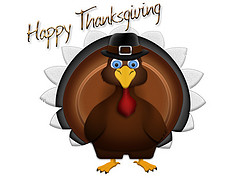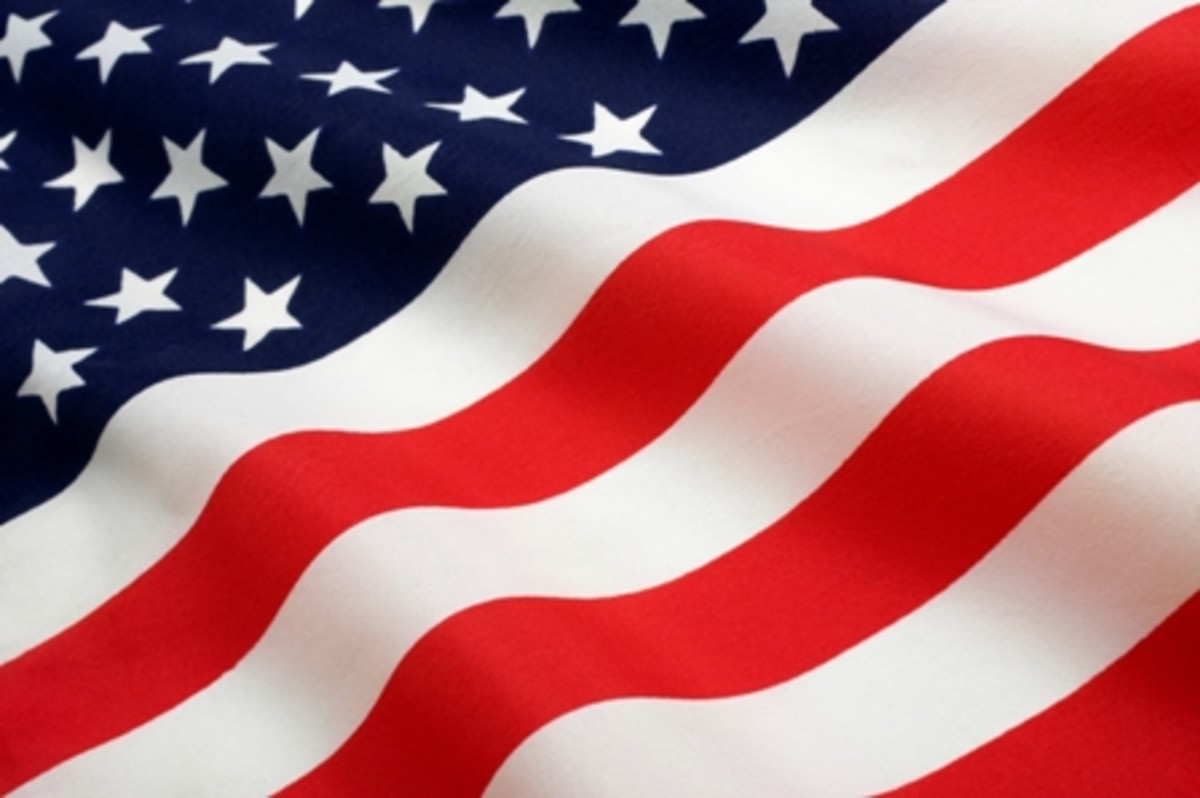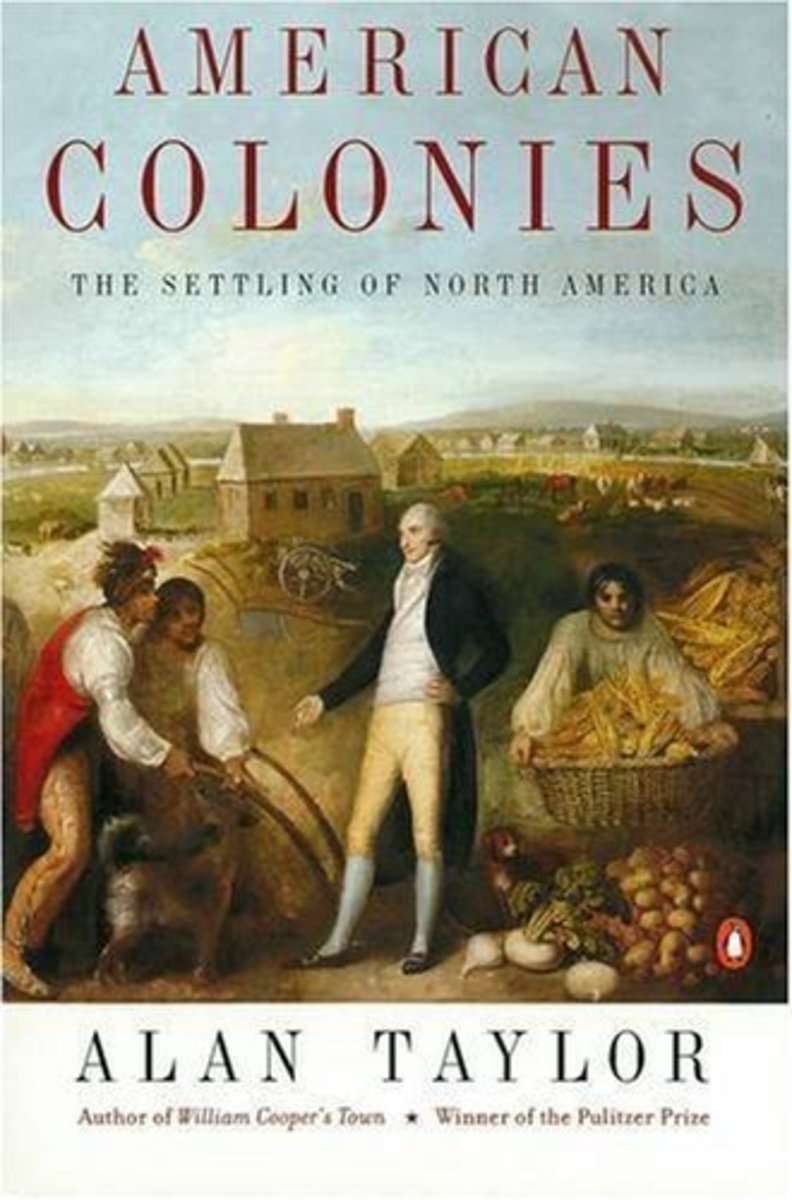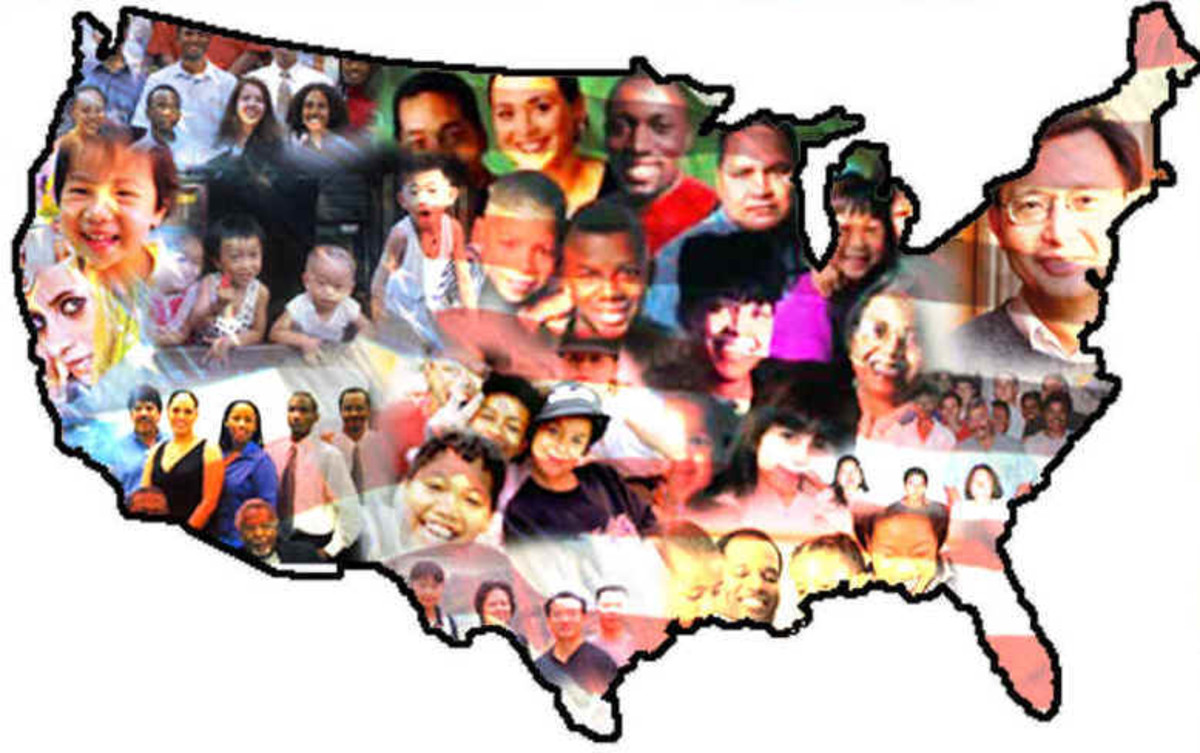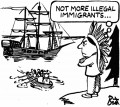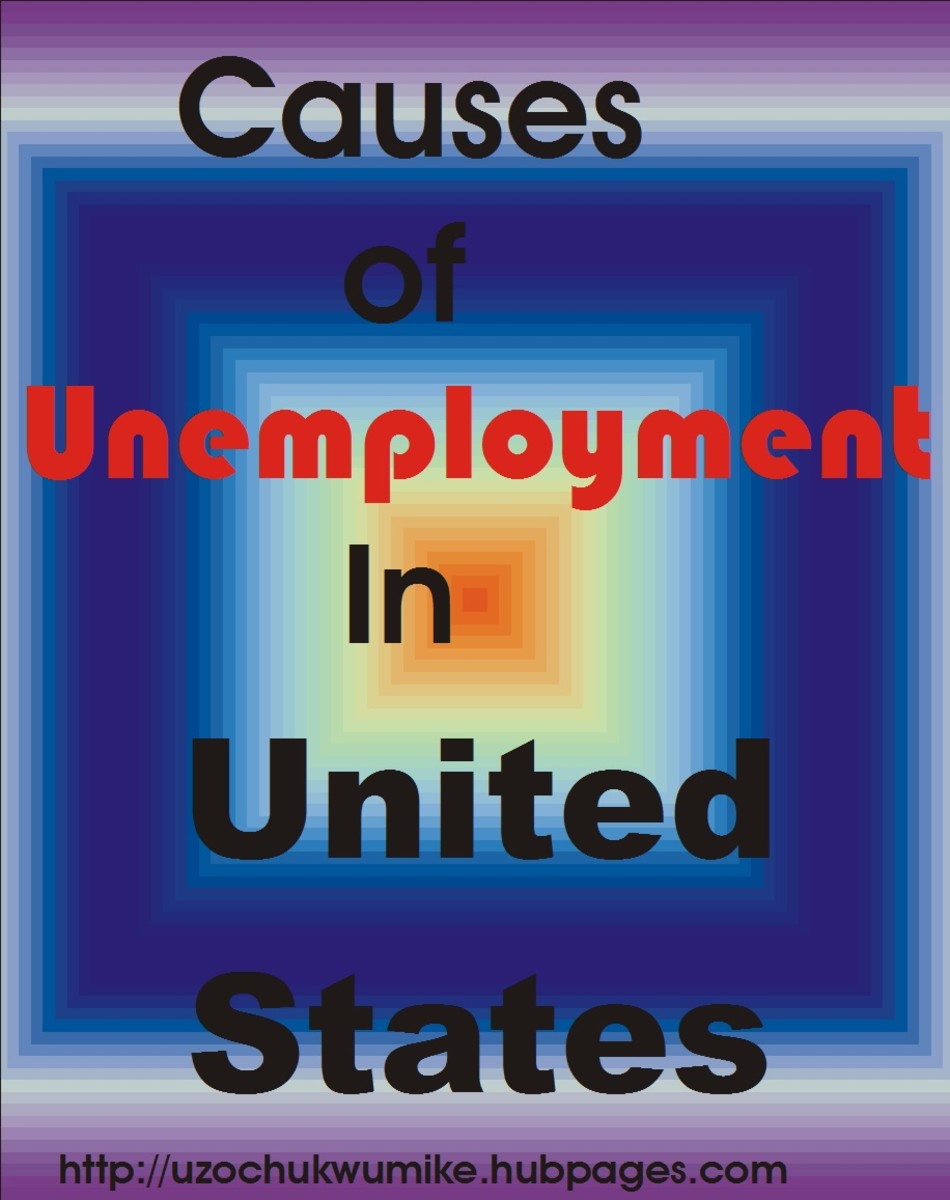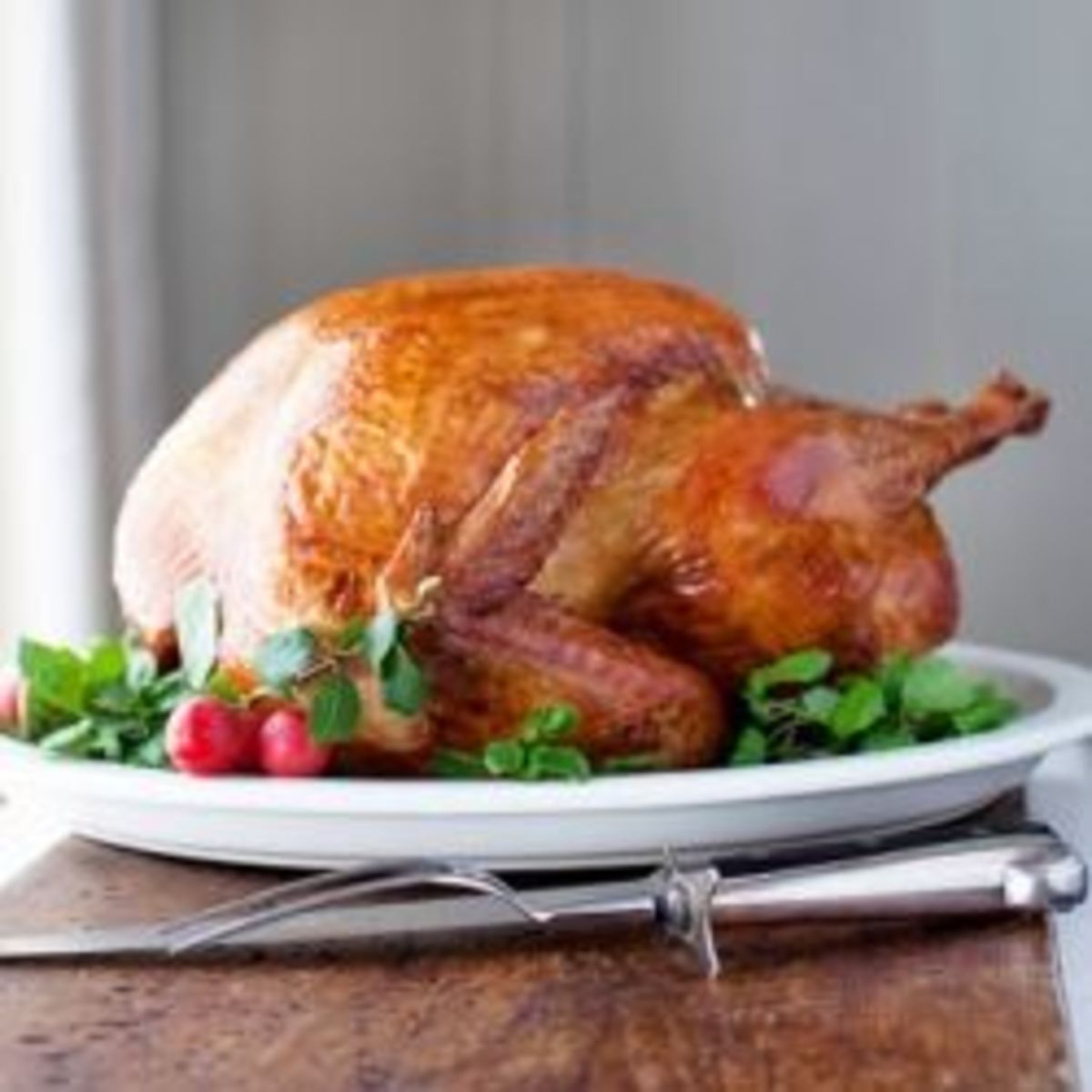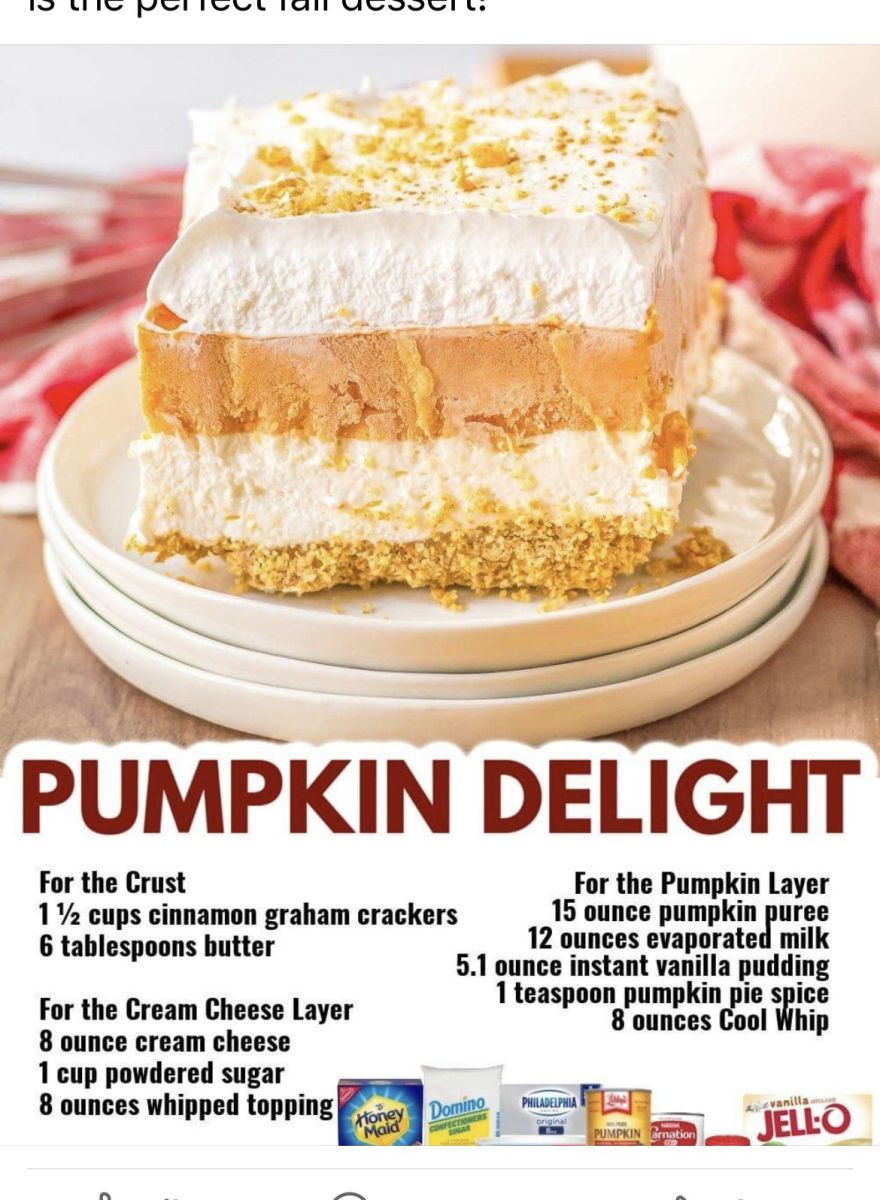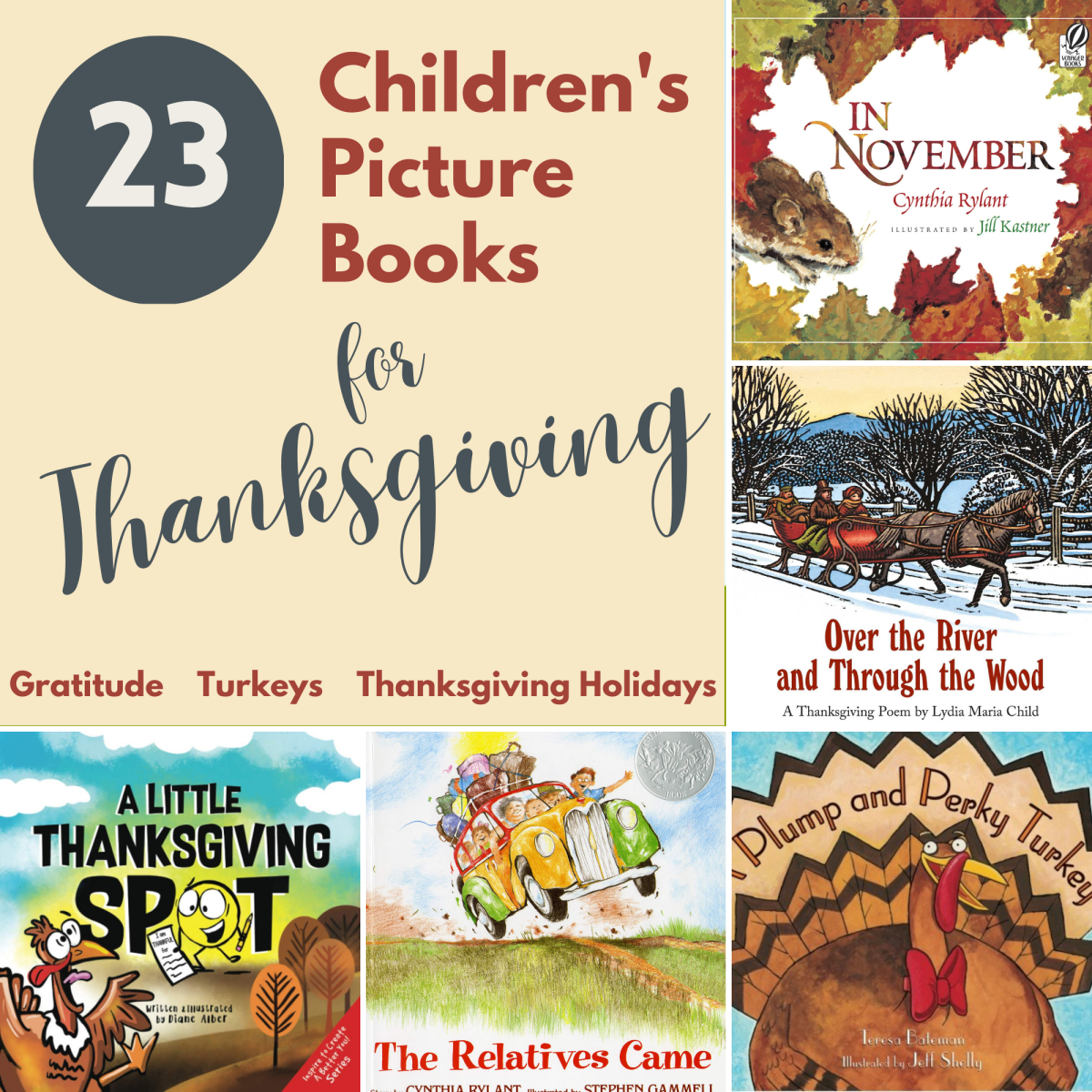Thanksgiving: An Important National American Holiday
Throughout the United States of America the school districts annually release students for the fourth Thursday and Friday of November for a Thanksgiving holiday break. Some of these districts take the entire week of Thanksgiving off so families can travel together, have enough time to visit with relatives. This also is one of the few US holidays that has early American Colonial roots, stems back to the 17th century Colonists who barely survived the risky voyage on ships like the Mayflower plus their first year in North America. Nothing was easy for them, yet they made it in spite of the pitfalls and the lack of civilization they were accustomed.
Americans every November look forward to the traditional Thanksgiving Day. They enjoy spending time as well as feasting with their family and friends. They go out of their way to plan and prepare for this very special day that is a true American family oriented tradition dating back to the 1620's A.D. Thanksgiving was recognized as a US federal holiday in 1863; during President Abraham Lincoln's presidency. By that time Thanksgiving was already being celebrated by most American households, especially those who were descended from the American Colonists who came from European countries: predominantly England, Scotland, Wales, France and Holland.
Thanksgiving serves as a reminder of our country's roots prior to the conception of the United States of America. This holiday has historical significance; stems from true American historical accounts. The Thanksgiving tradition was not brought over from another country like Easter, Christmas, Halloween and Valentine's Day. Thanksgiving is a bonafide American tradition which makes this national holiday extra important for all United States citizens.
For those of us who have ancestral roots from the colonists who immigrated to North America during the 17th and 18th centuries to the original American colonies, Thanksgiving means more than a federal holiday. We are related to those who were a part of our country's early history. If it were not for them, we would not be who we are, or worse not even exist. For if they had not crossed the Atlantic Ocean on ships like the Mayflower, our family lineage may not have been generated, because many who immigrated in the 17th century met their spouses after settling in the original 13 colonies.
These early colonial people should be remembered and honored for their sacrifices (made while surviving severe hardships), perseverance and industriousness. They endured so others could latter safely immigrate to the colonies that eventually became the United States of America. These brave souls persevered so their future generations and others could have it better. If it were not for the original colonial immigrants, North America's history would have been entirely different.
Having a traditional Thanksgiving with turkey and all the trimmings, sharing it with family and friends, is the American way to acknowledge the good those who arrived in America before us have given to future generations. If it were not for immigrants, none of us who are not Native American Indian would be sitting down across the table from loved ones expressing gratitude, sharing our list of blessings on Thanksgiving Day.
If the early immigrants of the 17th century had not survived, there would have been no American colonies. Great Britain and France would not have maintained their colonies due to excessive casualties in the New World. No one immigrated to Colonial North America believing they could return to their homeland. Most colonists for religious, financial or political reasons made the dangerous trek across the Atlantic Ocean believing living in Colonial America would be superior to what they were leaving behind. All colonists, no matter which country they came from, feared for their survival. There were no guarantees.
Even the Norse, in spite of their renowned perseverant streak and industriousness, did not make it in the 800's AD at Heavener, Oklahoma. They ended up, after trying to make a go of Heavener for many years, packing up what they could, placing their belongings aboard their ships and returning to where they originated. For reasons still unknown by Archaeologists, the Norse were unable to put roots down deep enough to generationally survive even though the Heavener area was fertile enough to support a Norse agricultural based colony, and the Norse did get along with the American Indians in that area; traded goods with them.
The early American Colonists also traded, were on friendly terms like the Norse, with the North American Indian tribes in their areas. If they had not befriended the North American Indians, they would not have learned many survival skills or been able to trade for seeds that would grow food in North American soil. Both Colonists and American Indians mutually benefited via their friendship and trading with one another.
Thanksgiving is a big deal. This is a very important national holiday. There should be more Thanksgiving television programs televised throughout the month of November in the United States of America. Businesses should refrain from decorating their place of business and selling Christmas and other winter holiday items until after this special national holiday. Thanksgiving should be treated as the major national holiday it truly is.
Thanksgiving is not solely for those related to the Pilgrims. Thanksgiving is for all US citizens. Native Indian Americans attended the very first Thanksgiving feast in Plymouth, Massachusetts during the early autumn of 1621. They were invited and regarded as friends to the fifty-three who had survived the initial hardships since the Pilgrims' landing in 1620 (per Pilgrim Hall Museum website).
The First Thanksgiving was a celebration of two different cultures getting along, co-existing with one another through tremendous hardship. The Native American Indians taught the Pilgrims how to grow corn. They taught the Pilgrims what was edible; which berries or animals indigenous to North America were safe to eat. They were originally on friendly terms.
No US citizen should object or refuse to celebrate Thanksgiving. It represents that people from any culture can live peacefully next door to one another, help each another through troubled times, and in celebration feast together as a way of saying "Thank you." This is what Americans are actually doing with their family and friends on Thanksgiving Day. Americans nationally express gratitude for peace and prosperity received throughout the year.
All US citizens need to remember those who were part of the foundation of the United States of America. All Americans should learn about the Pilgrims, the early colonial roots. They are a wonderful American example of how immigrants can create something better for themselves and future generations. What the early colonists represent and did is important. They collectively did a very great thing. Example: Against all odds, the Pilgrims survived and created Massachusetts, one of the original 13 colonies that fought in the American Revolution and became a state upon the ratification of the US Constitution of the United States of America.
Thanksgiving Day is for all US citizens; does not matter where your family derived or when they immigrated to the United States. Thanksgiving is the day each American citizen should thank all who immigrated as well as those who already were in North America. There is nothing religious or mysterious about Thanksgiving. How one celebrates this extraordinary national holiday is entirely up to each American and their family. Thanksgiving is a day of feasting, sharing blessings and honoring those great courageous American people who made it possible for the United States of America to exist.
Happy Thanksgiving! Enjoy the true American traditional holiday!
A healthy way to serve the traditional Turkey on a platter
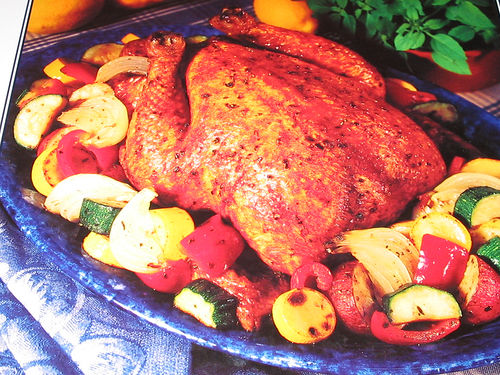
For more about Thanksgiving and the American Colonies
This is where I found out more about Thanksgiving and the American Colonies online. It is my opinion that these reputable sites are worthy of visiting and reading what they have available.
- The first Thanksgiving feast, plus recipes and other historical points of interest about this holiday, Pilgrim Hall Museum
- Thanksgiving facts and videos, History.com
- Thanksgiving, Wikipedia
- Massachusetts, Wikipedia
- Jamestown: First English Colony in America, Social Studies for Kids
- Colonial America (1492 - 1763), Jump Back in Time series, The Library of Congress
- Overview of Colonial America 1607 - 1754, About Education
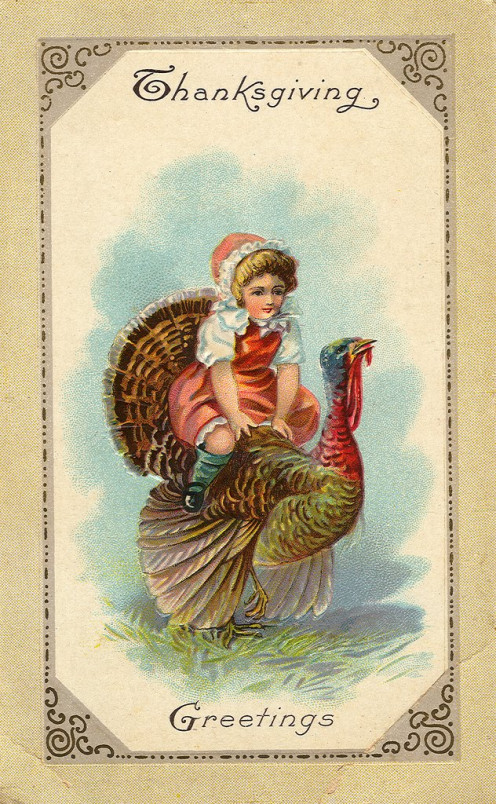
Thanksgiving Poll
How do you celebrate Thanksgiving?
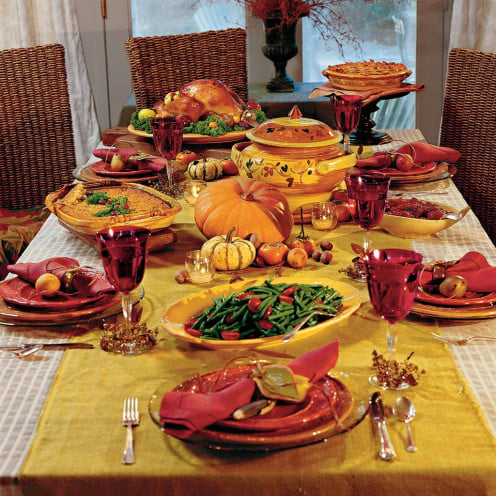
Thanksgiving Ideas
Fun Activities
| Foods and drinks to serve
| Table Decorations
| Home Decorations
|
|---|---|---|---|
Thanksgiving movie DVD
| Turkey with stuffing
| Whole pumpkins
| Harvest wreathe
|
A board game like Scrabble
| baked or mashed potatoes
| Whole squash or gourds
| Plastic fruits, gourds & like
|
Toss a football outdoors
| squash with bell peppers
| Handmade Paper Turkey
| Thanksgiving window decor
|
Shoot hoops with basketball
| small baby peas, green beans
| autumn colored candles
| Happy Thanksgiving garland
|
Have a conversation
| pumpkin and pecan pie
| decorative colored corn
| Autumn candle displays
|
After dinner go on a walk
| baked or fried apples
| autumn/fall colored napkins
| Autumn leaf garlands
|
Sing Songs from Colonial times
| cinnamon-applesauce
| wooden bowl of fruit
| Festive Harvest displays
|
Enjoy the patio outside
| cranberry sauce
| wooden goblets
| Autumn colored garlands
|
Share Thanksgiving facts
| stir fried mushrooms
| clear, silver, gold goblets
| Thanksgiving themed pillows
|
Have a Thanksgiving reading
| yams, sweet potatoes
| china or themed plates
| Fall/Thanksgiving kitchen decor
|
Football, other sports on TV
| deviled eggs
| silverware or themed ware
| undecorated fir tree
|
Visit relatives in same town
| green or three bean salad
| Themed or fall color tablecloth
| Thanksgiving couch cover
|
Decorate fir tree together
| black and green olives
| Handmade themed centerpiece
| Crocheted doilies
|
Share Thanksgiving poems
| jello with fruit and nuts
| Use special serving ware
| corn dollies
|
Toast those in remembrance
| hot apple cider
| Place food down center of table
| Pumpkin scented waxes
|
Ring toss, horse shoes
| sparkling fruit juice
| wood, gold, silver napkin holders
| woven and wood decor items
|
Share what you are thankful for
| tea, coffee
| Autumn colored table runner
| Thanksgiving Throws
|
This table shares some great ideas for a Happy Thanksgiving Day. Enjoy!
